Spotlight Speaker: Keynote Peter Johnston
Mark your calendars for Monday, January 29! You won’t want to miss Unshrinking Literacy, Teaching and Learning with Peter Johnston.
The currently popular literacy narrative is that intensive, structured phonics programs backed by “The Science of Reading” are the grail long sought by educators. It’s true that children need to acquire “the codes,” but the manner and ecology of acquisition matters a great deal not only for the ease of acquisition but also for the nature of the literacy children acquire and for the trajectory of their human development. Children’s social and emotional development lies squarely in the bailiwick of the language arts and the literate talk within which they are immersed, and that development, in turn, supports literacy development.
Check out the full session lineup here and save your seat today!

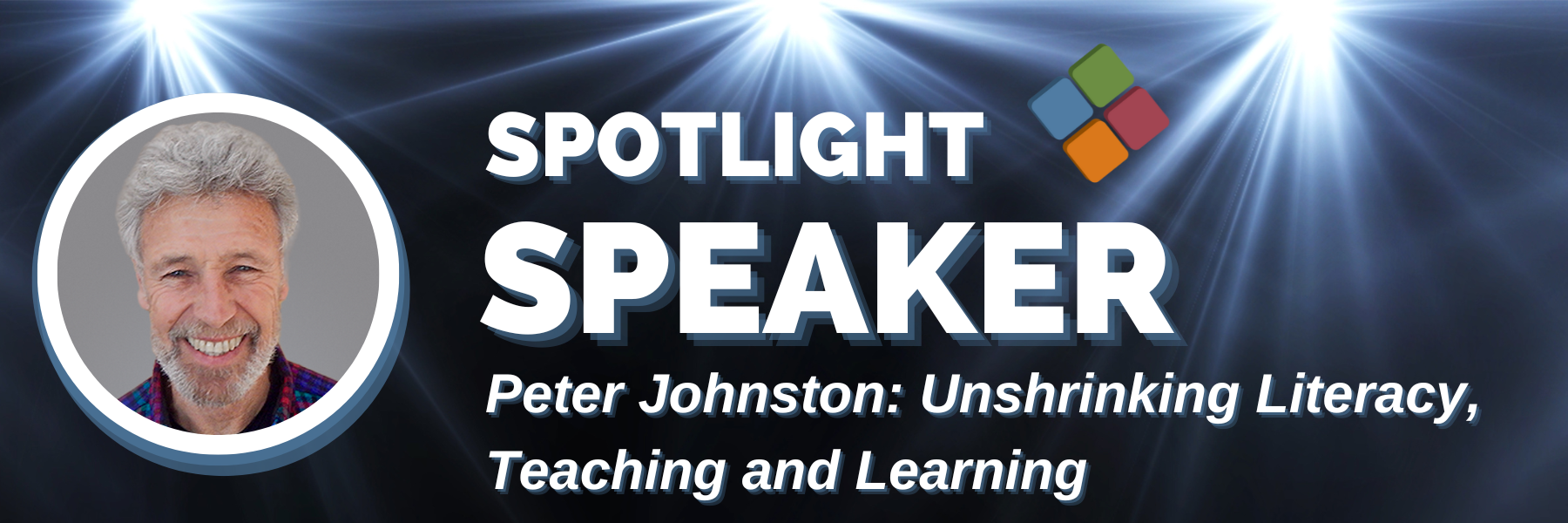
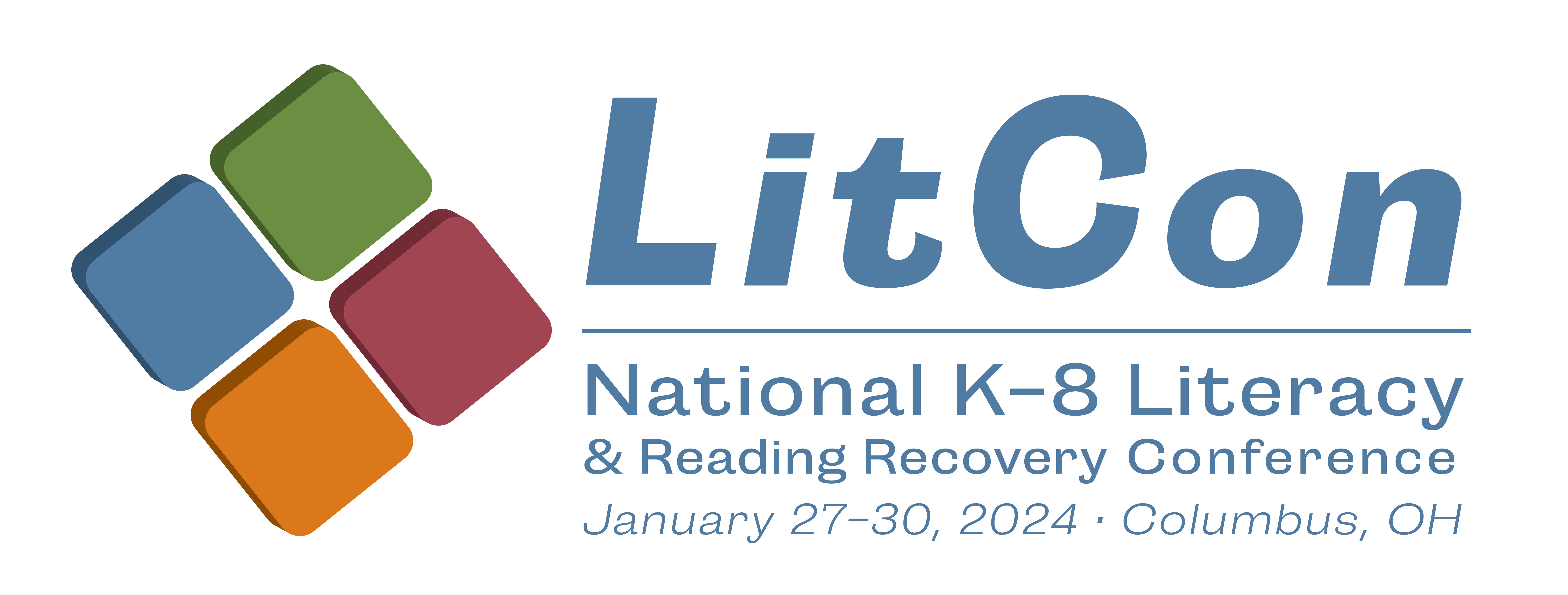

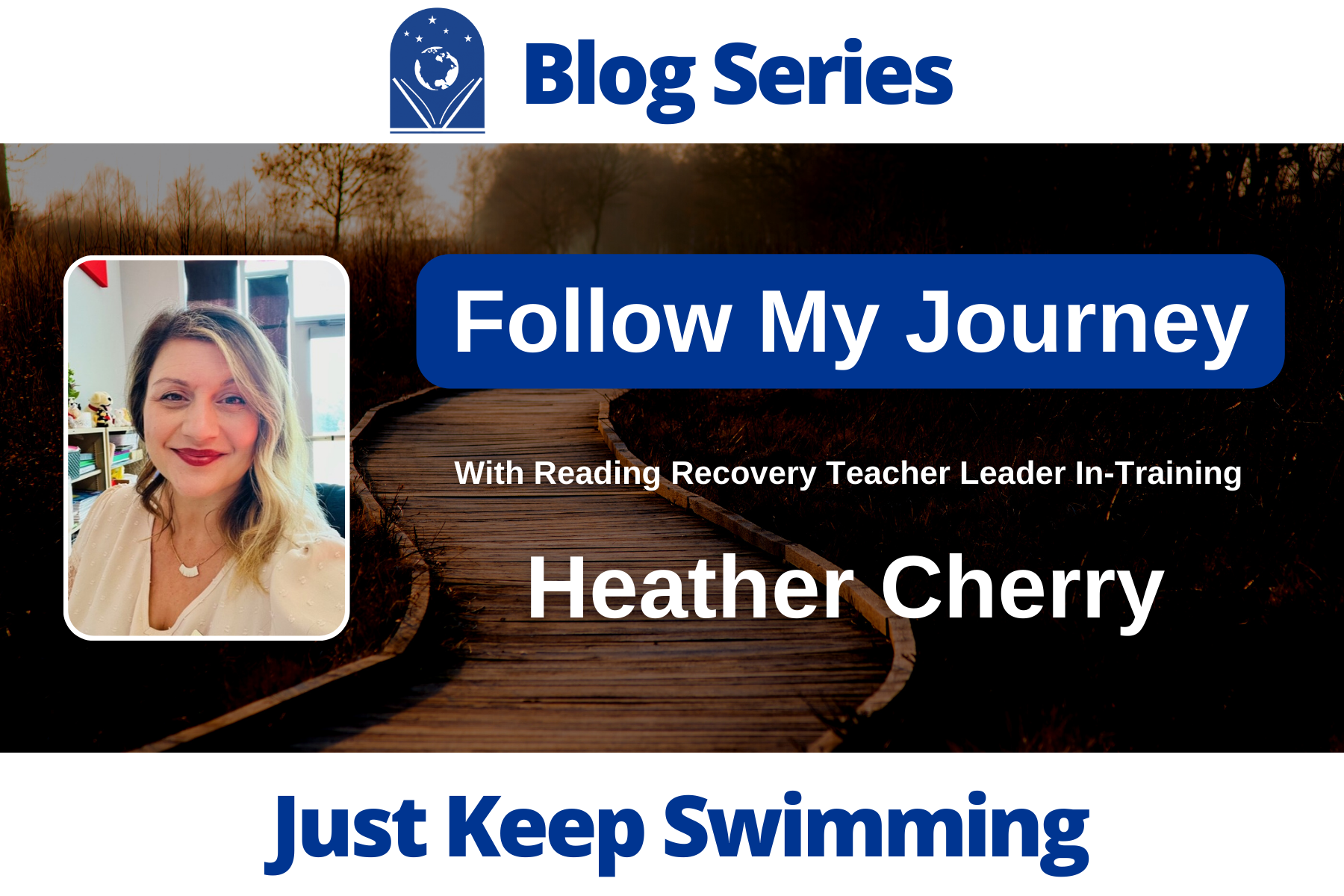
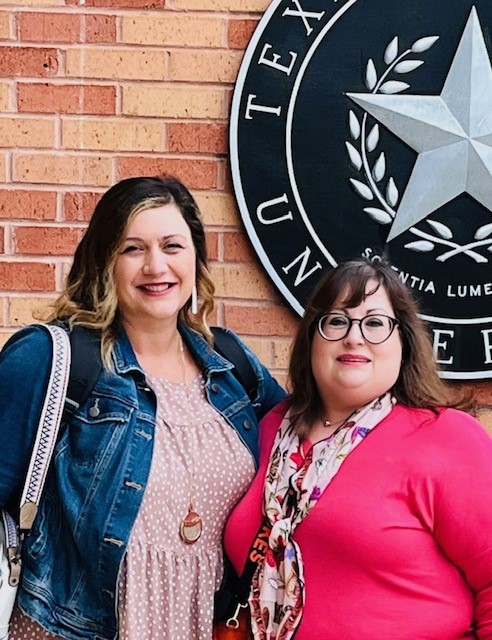
 The Reading Recovery Council of North America is thrilled to announce Heather Cherry as the 2023 Teacher Leader Award recipient. Heather represents Broken Arrow Public Schools in Oklahoma. A graduate of Northeastern State University with over 22 years of experience teaching, she will be part of the first training class at Oklahoma State University.
The Reading Recovery Council of North America is thrilled to announce Heather Cherry as the 2023 Teacher Leader Award recipient. Heather represents Broken Arrow Public Schools in Oklahoma. A graduate of Northeastern State University with over 22 years of experience teaching, she will be part of the first training class at Oklahoma State University.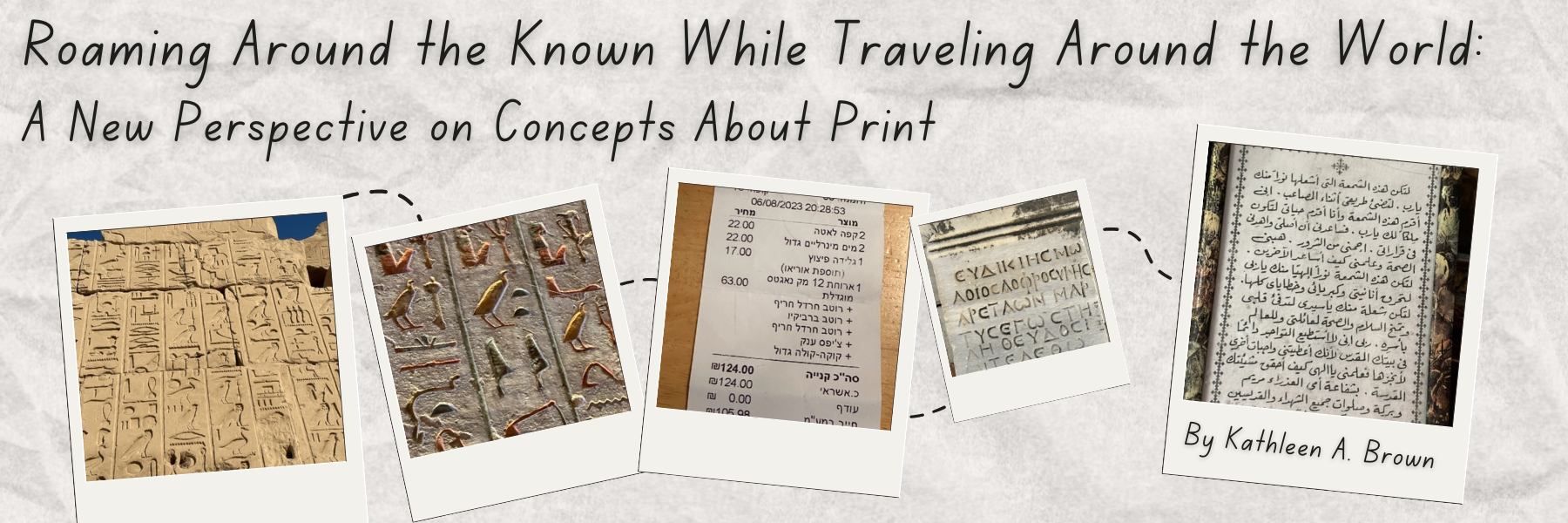
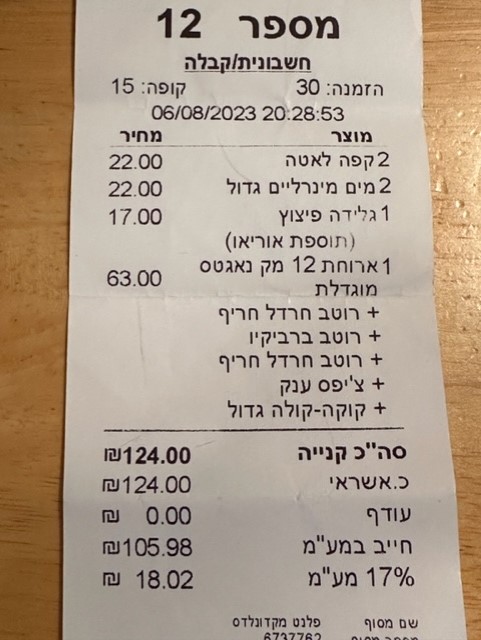

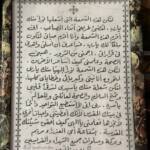


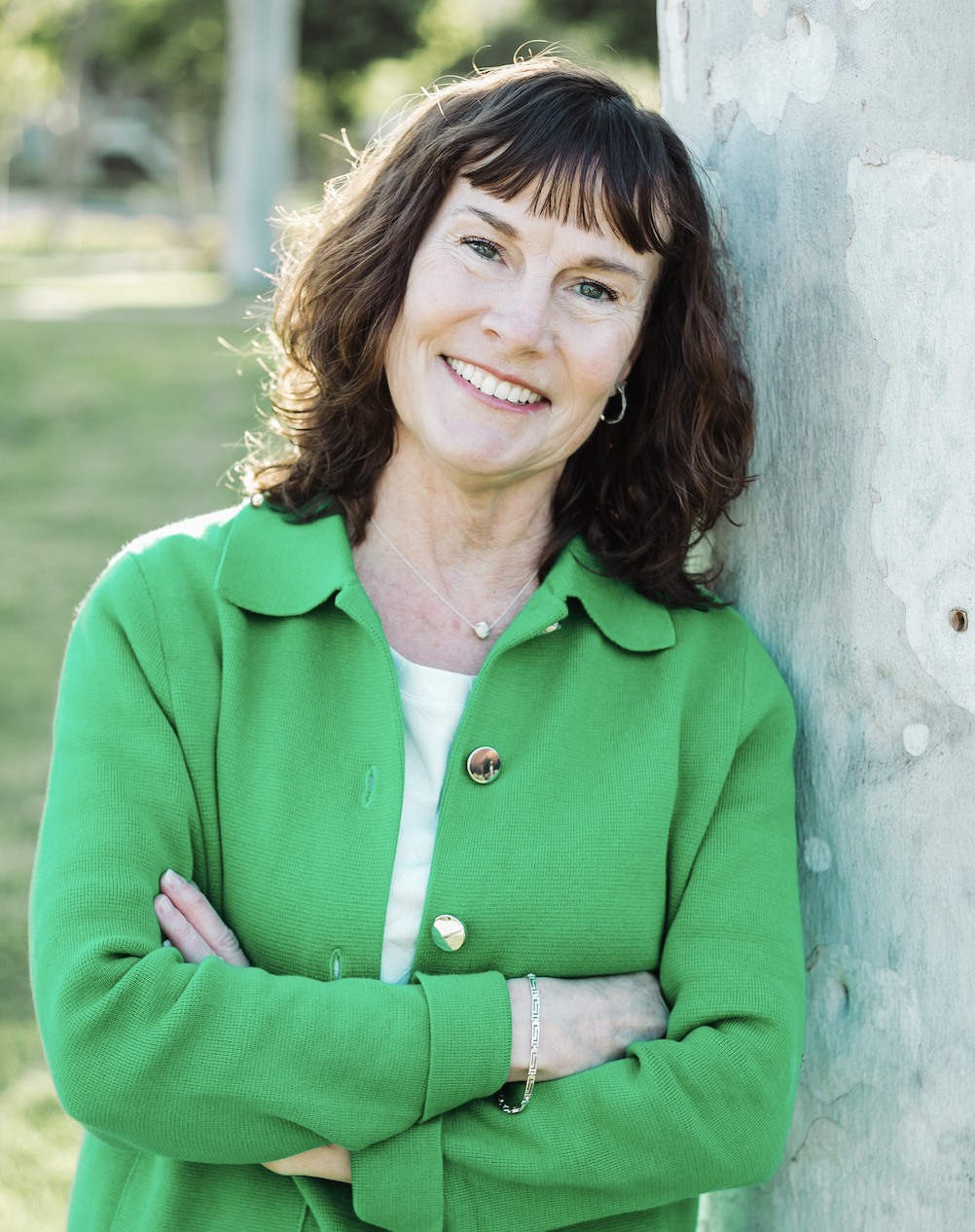 Kathleen A. Brown has worked for 37 years as a classroom teacher, literacy specialist, staff developer, and Reading Recovery teacher. She has served as the Reading Recovery teacher leader in a large urban district in California for the last 22 years. Kathleen has provided early literacy training and coaching for the district and has presented at local, state, and national conferences.
Kathleen A. Brown has worked for 37 years as a classroom teacher, literacy specialist, staff developer, and Reading Recovery teacher. She has served as the Reading Recovery teacher leader in a large urban district in California for the last 22 years. Kathleen has provided early literacy training and coaching for the district and has presented at local, state, and national conferences.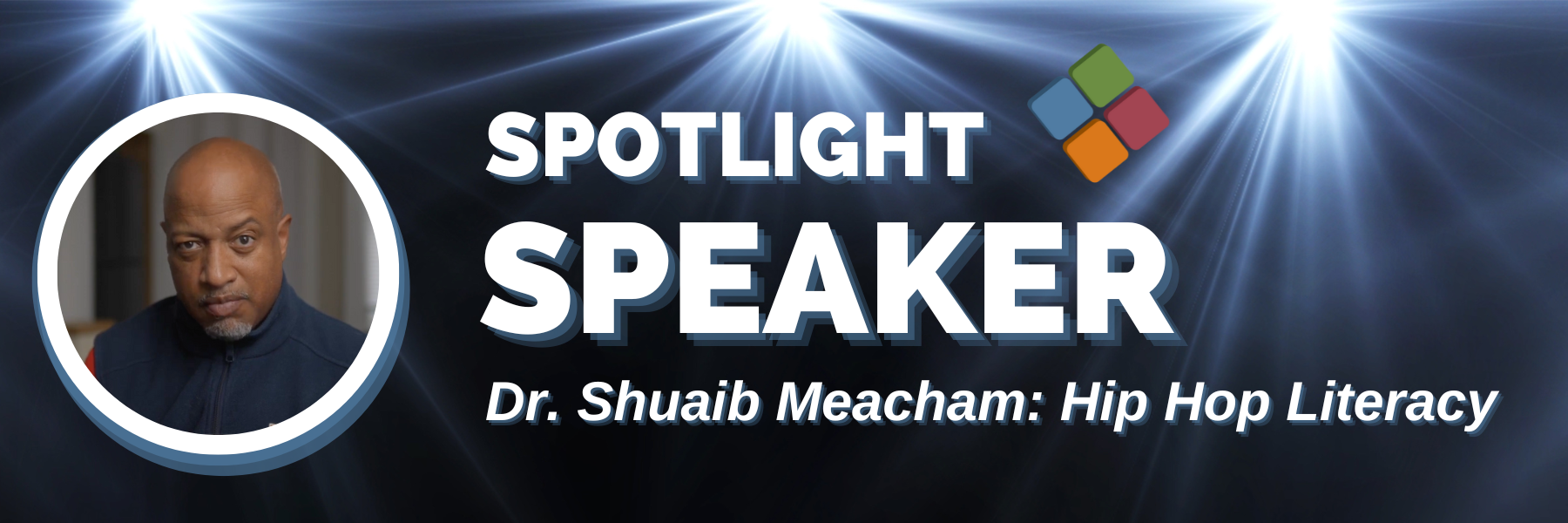
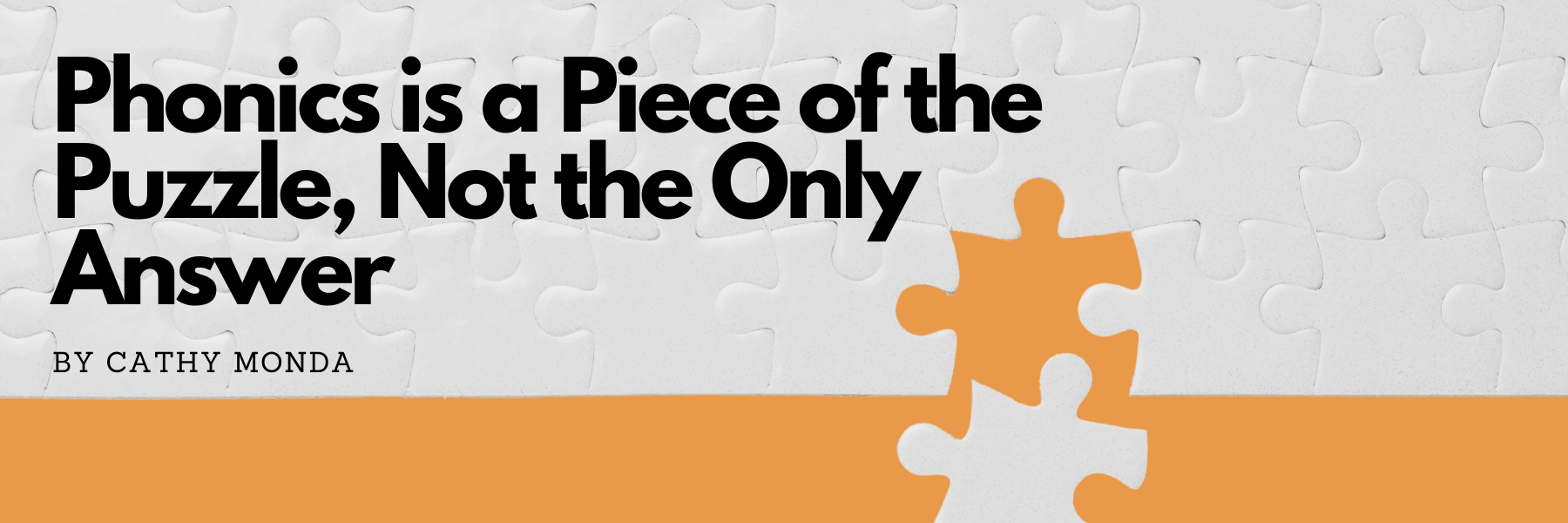
 Catherine Monda is from Sarasota, Florida. She has been a teacher for over 32 years and a Reading Recovery teacher for seven.
Catherine Monda is from Sarasota, Florida. She has been a teacher for over 32 years and a Reading Recovery teacher for seven.